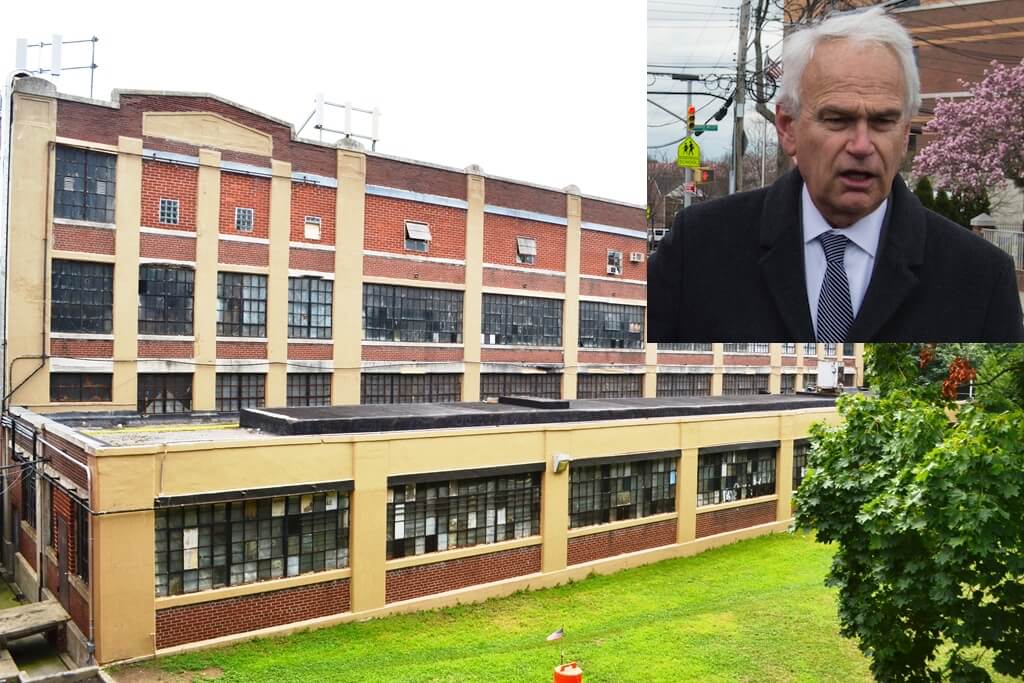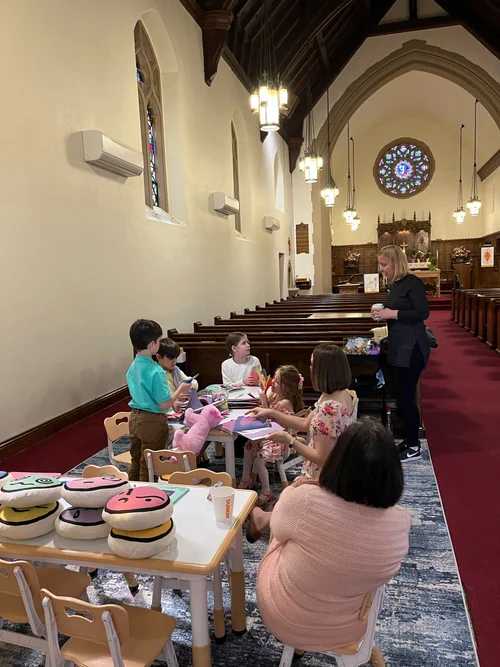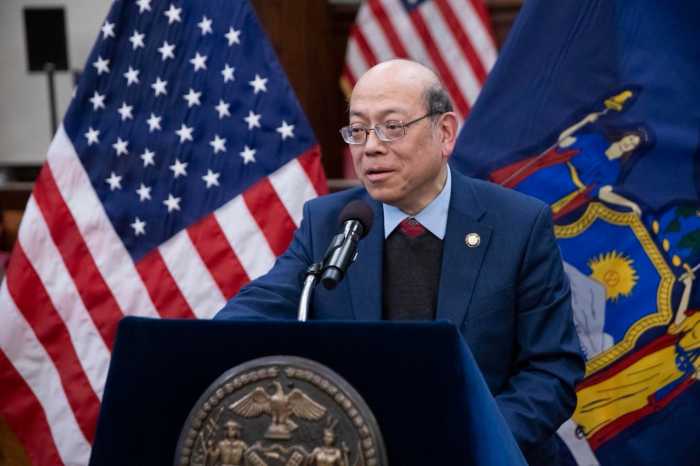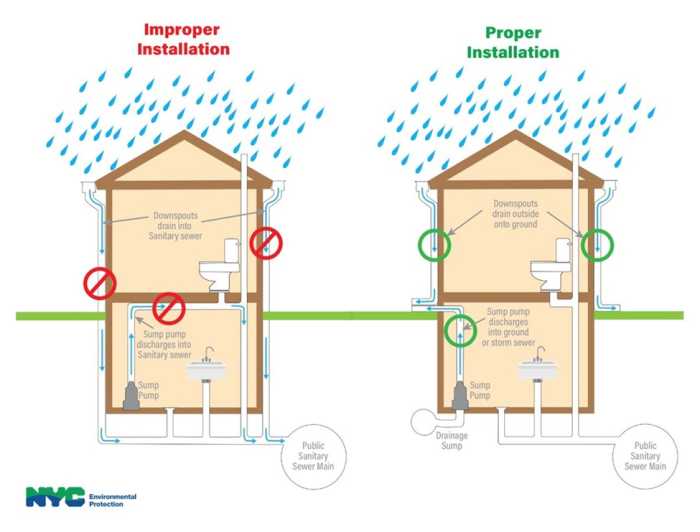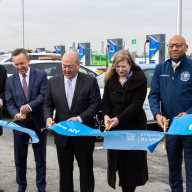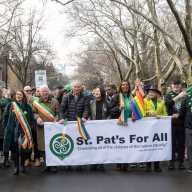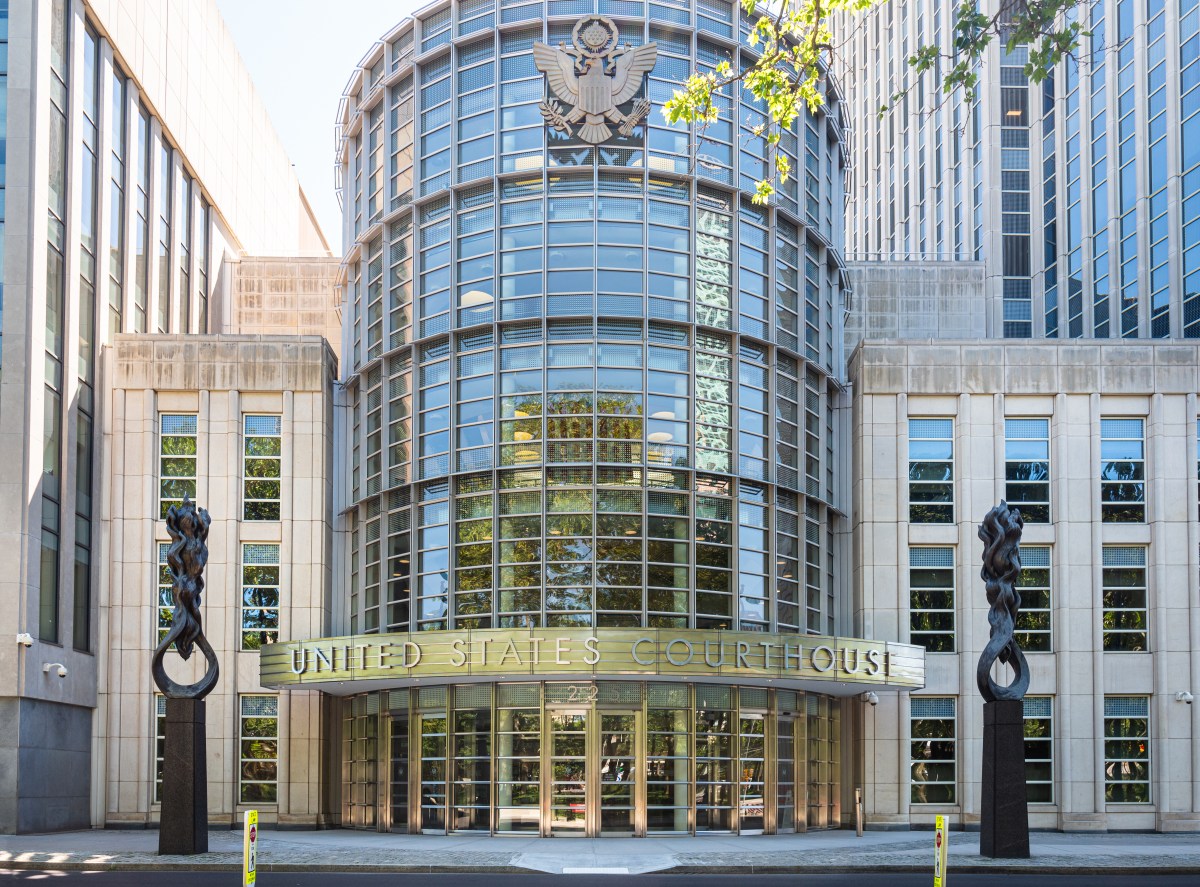Just when Glendale residents thought they were out of the homeless shelter business, the city pulled them back in.
More than six months after declaring it no longer had a plan for opening a homeless shelter at a former Glendale factory, the Department of Homeless Services is again eyeing the site as a possible homeless shelter for men.
City Councilman Robert Holden announced the news on Friday, a day after rumors flew on Facebook that the city had done an aboutface on its January decision to shelve a proposed homeless shelter for families at the site, located at 78-16 Cooper Ave.
“My office had received several reports from area residents over the last few days about activity at the former manufacturing building in Glendale,” Holden said in his July 27 statement. “After sending numerous inquiries to various DHS officials over a 24-hour period, and speaking with [DHS] Commissioner Steven Banks, these reports have validity, and I am extremely concerned.”
According to Holden, “a sealed bidding process under a request for proposal was submitted for a large facility at the location.” Banks had also informed the Councilman that “a DHS review committee believed the proposal was strong, and that a provider is currently in negotiations” with the city agency.
The men’s shelter plans, while not finalized as of yet, would include up to 200 beds for 200 residents, as per DHS regulations, Holden said.
Holden, while president of the Juniper Park Civic Association, staunchly opposed the first shelter plan on Cooper Avenue when reports of it surfaced in 2013 — and he vowed to oppose this new plan as the area’s council member.
“This is not a proper location for any shelter, it is out of character and in no way will be accepted by the community,” he said. “I vehemently disagree with 78-16 Cooper Ave. as a viable site for a large men’s shelter, and will vigorously fight against it, as I have in the past.”
The councilman said his office “had provided a more viable location for a shelter” in the Community Board 5 area, but that the DHS “never responded” to him about it.
But hours later, a DHS spokesperson indicated in a July 27 email to QNS that “the site referenced by Council Member Holden is not available or viable for use as shelter or any other purpose, because it is already being developed into supportive housing by the state.”
Shortly before Holden issued his statement, QNS received comments from the DHS following an inquiry made on July 26 regarding what was, at the time, rumors about a new Glendale homeless shelter plan. The DHS responded with a vague statement that didn’t directly address the Glendale situation, but rather the state of homelessness in Queens:
“Homeless New Yorkers come from every community across the five boroughs, which is why we all must do our part to help our neighbors in need get back on their feet. We provide notification to communities when a viable proposal from a not-for-profit service provider has been fully evaluated—and communities will be the first to know as locations are identified for use as shelter. With half of the homeless New Yorkers in Queens currently being sheltered in commercial hotel locations, we must identify high-quality, borough-based replacement capacity in Queens in order to finally phase out the use of commercial hotel locations once and for all. Our borough-based approach will offer our homeless neighbors, including the more-than 8,000 New Yorkers from Queens who’ve fallen on hard times, the opportunity to get back on their feet closer to the communities they called home, where support systems like family, schools, medical care, and houses of worship, can help them stabilize their lives faster.”
In a follow up email to QNS, the DHS spokesperson added: “We cannot discuss proposals that are still in the procurement process, as proposals in procurement are not final/have not been approved—and discussing proposals that are in the procurement phase could impact the integrity of the proposal and the evaluation process. No final determinations have been made regarding use of this location. We will promptly notify the community board, elected officials, and community residents if this changes.”
Editor’s note: To clarify, the DHS indicated in its statement that the supportive housing location it mentioned was the alternate site that Holden had suggested could be a homeless shelter for the community.
This story was updated on July 30 at 1:15 p.m.

